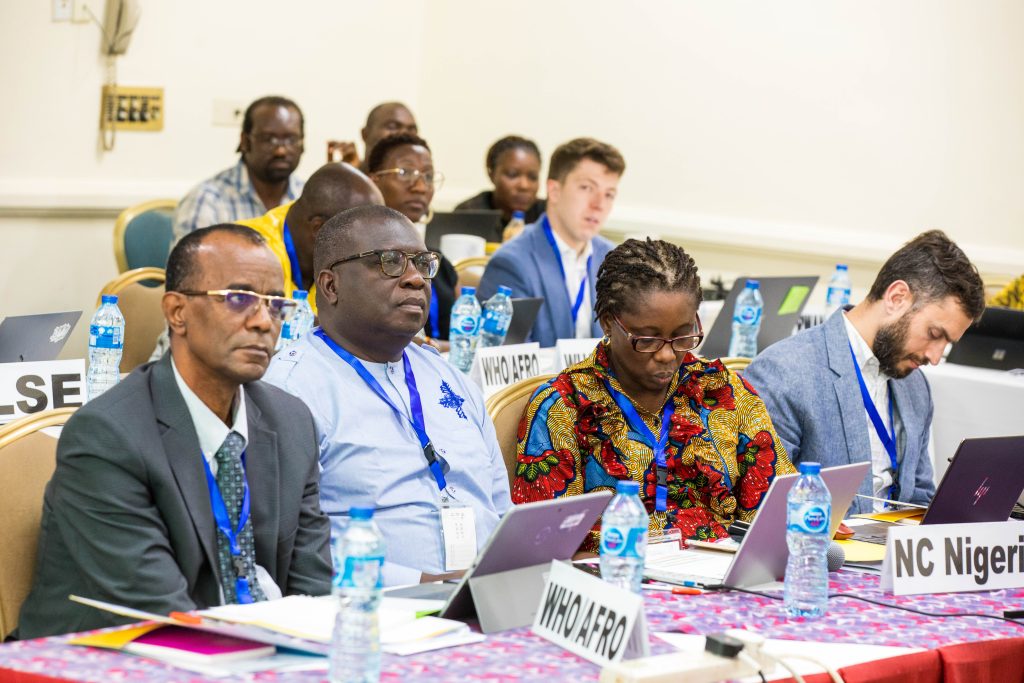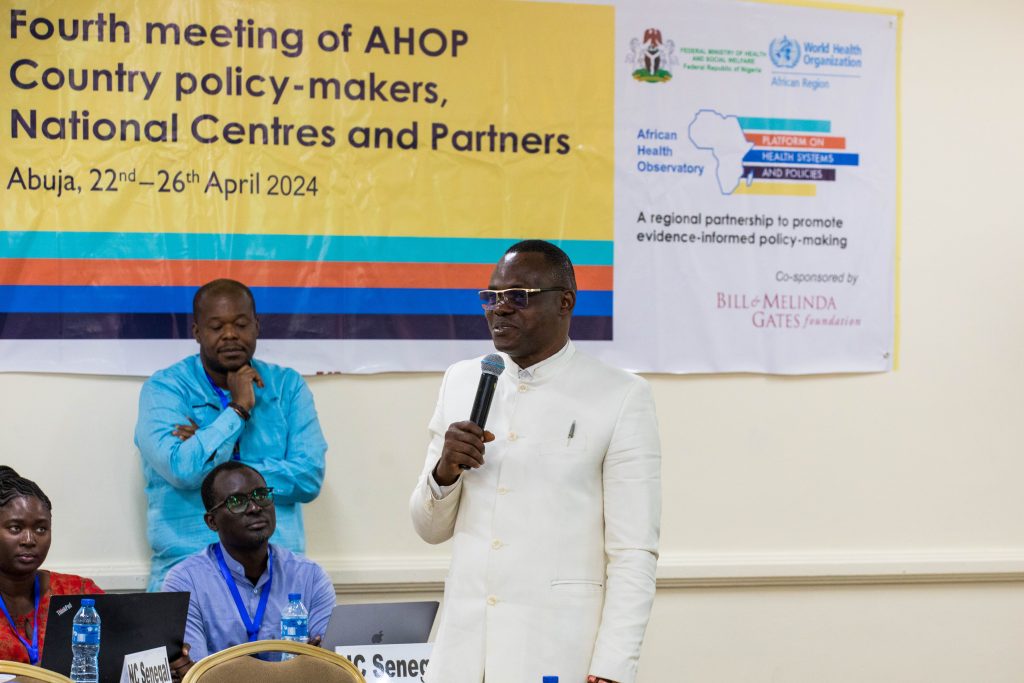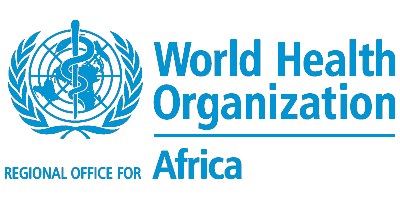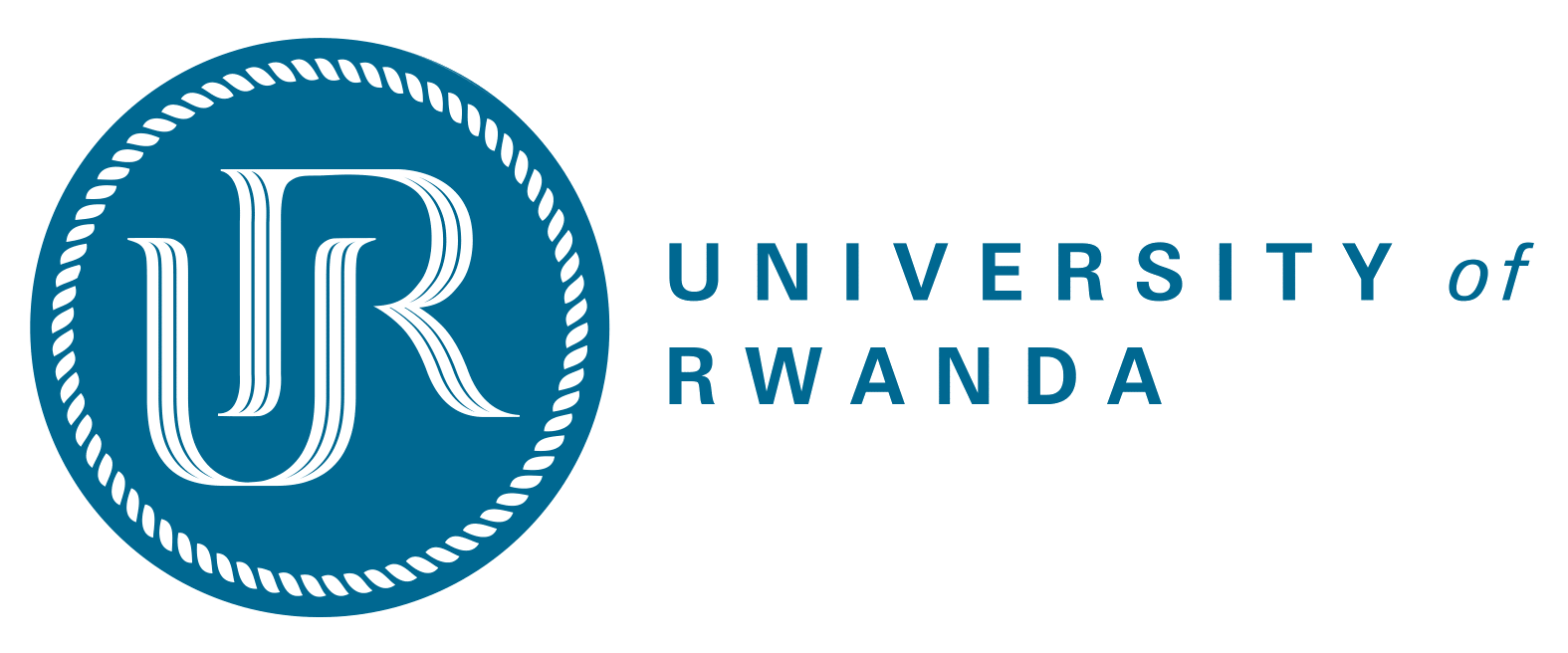The Nigerian Federal Ministry of Health and Social Welfare, the World Health Organisation (WHO) Regional Office for Africa and Country Office for Nigeria, together with the African Health Observatory – Platform on Health Systems and Policies (AHOP) hosted a policy dialogue on African health workers migration on 25 April in Abuja, Nigeria.
Key stakeholders from across the Nigerian health sector attended the dialogue, including officials from the Federal Ministry of Health and other federal ministries, parliamentarians from the Senate and the House of Representatives, a subordinate to the Special Adviser to the President on Health, and representatives from health workers’ associations and private health care providers. Academics and ministry officials from Ethiopia, Kenya, Rwanda and Senegal were also present to provide perspectives from across Africa.

According to Hon. Bassey Ekpeyong Akiba, Deputy Chairperson of the Healthcare Services Committee of the Nigerian House of Representatives, health worker migration is “something that we must constantly deal with.” He outlined how achieving universal health coverage in Nigeria was only possible “if we have quality and quantity in the [health] workforce.”
Dr Alexandar Chimbaru, WHO Country Deputy Representative to Nigeria, noted that the migration of health workers is “not just common to Nigeria”, but is an issue for countries across Africa. The continent is the only WHO region where health worker shortages are projected to increase by 2030. He added that providing further training and opportunities to health workers was pivotal to achieving universal health coverage and delivering quality health care.
Attendees heard how existing health workforce shortages in the African region are exacerbated by the significant volume of emigration of health professionals, giving rise to a continuous ‘brain drain’ on the continent. National, regional and international experts provided compelling and detailed evidence on the issue:
- Dr Nwakaego Chukwuodinaka from the Nigerian Federal Ministry of Health and Social Welfare gave an overview of the latest policy developments on Nigeria’s health workforce.
- Dr Judith Awinja from the Kenyan Ministry of Health shared key lessons from Kenya’s bilateral agreement with the United Kingdom on health worker migration.
- Dr James Asamani from the WHO Regional Office for Africa provided an update on the status of regional health worker migration challenges.
- Dr Agya Mahat from the WHO Headquarters presented on new WHO guidance promoting fair and ethical management of international health worker migration.
“I have learnt a lot. I have been challenged. I know that we have a lot of work to do going back to our health committees at the National Assembly [of Nigeria]. As a health committee, we are passionate about improving Nigeria’s health outcomes and ensuring universal health coverage and health security.”
The policy dialogue, which formed part of AHOP’s five-day annual meeting, resulted from a grant funded by the LSE’s International Science Partnership Fund 2024-25. AHOP is a regional partnership to promote evidence-informed policy-making. The Platform is hosted by WHO Regional Office for Africa and leverages existing national and regional collaborations to form a network of National Centres across the region, including Nigeria.
AHOP policy dialogues focus on creating an environment for the exchange of information, experience, and recommendations among decision-makers, practitioners, and researchers, as well as facilitating solution-oriented discussions on targeted policy opportunities.









